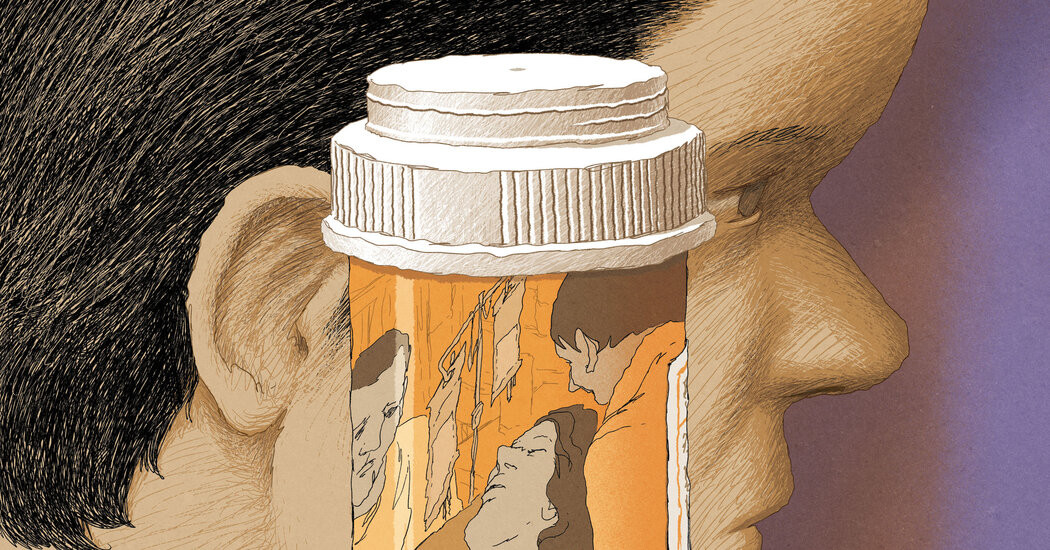

My patient’s son took me aside late one evening to share a request.
I braced myself. My patient had been intubated with Covid-19 for weeks, her lungs growing stiffer each day. Her sons held vigil at the bedside, pausing only to critique the nurses and health care team. They didn’t like the way the nurse turned their mother. They demanded yet another course of antiviral treatment for Covid-19. As their mother’s health worsened, their frustration escalated — and so did my unease.
The son pulled a pill bottle from his backpack. It was a mixture of herbs that he had ordered off the internet. He wanted me give the supplement to his mother through her feeding tube, along with her other medications. I looked it up online. There was no evidence that it would help his mother — in fact it was on a list of medications deemed useless for the virus. At the same time, I suspected that my patient would not live through this hospitalization, and I wanted to heal the relationship between the hospital staff and her family.
I told him that I needed to confer with our pharmacist. But what I really needed was time to consider my response. If I acquiesced, it wouldn’t be for medical reasons, but to try to connect with an angry and distrustful family. I had to ask myself: Is it OK to depart from the standard practices of medicine for the sake of building trust with patients and their families? It’s a question that is more relevant than ever in this political climate, amid increasing vaccine hesitancy and suspicion of medical professionals.
That moment with my patient’s son felt particularly fraught, but these sorts of requests are common and fall along a spectrum. Doctors may agree to give their patients probiotics because they are harmless, even though the evidence for their effectiveness is weak in most cases. They might prescribe an unnecessary antibiotic. They might even agree to spread out the timing of pediatric vaccinations at a family’s insistence.
Few treatments illustrate these tensions better than ivermectin for Covid-19 — a parasite drug that was falsely promoted by right-wing influencers as a cure for the virus. Dr. Michael Brown, a pulmonary and critical care physician at Colquitt Regional Medical Center in Georgia, was struck by the backlash from patients in his rural community when his hospital didn’t include it in its standard Covid-19 treatment protocols. Even though Dr. Brown believed that it wouldn’t help his patients, he and his colleagues debated whether they should prescribe it anyway.
For Dr. Brown, the answer was yes. In some exceptional cases, he reasoned, it was the right thing to do. “There are patients and families I knew I was never going to be able to treat if I wouldn’t at least compromise,” he said. Distrust in the health system was rampant. He could justify prescribing the drug to build rapport. After all, even though the medication had no medical purpose, it was fairly harmless.